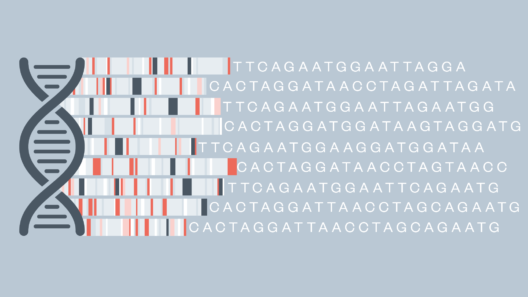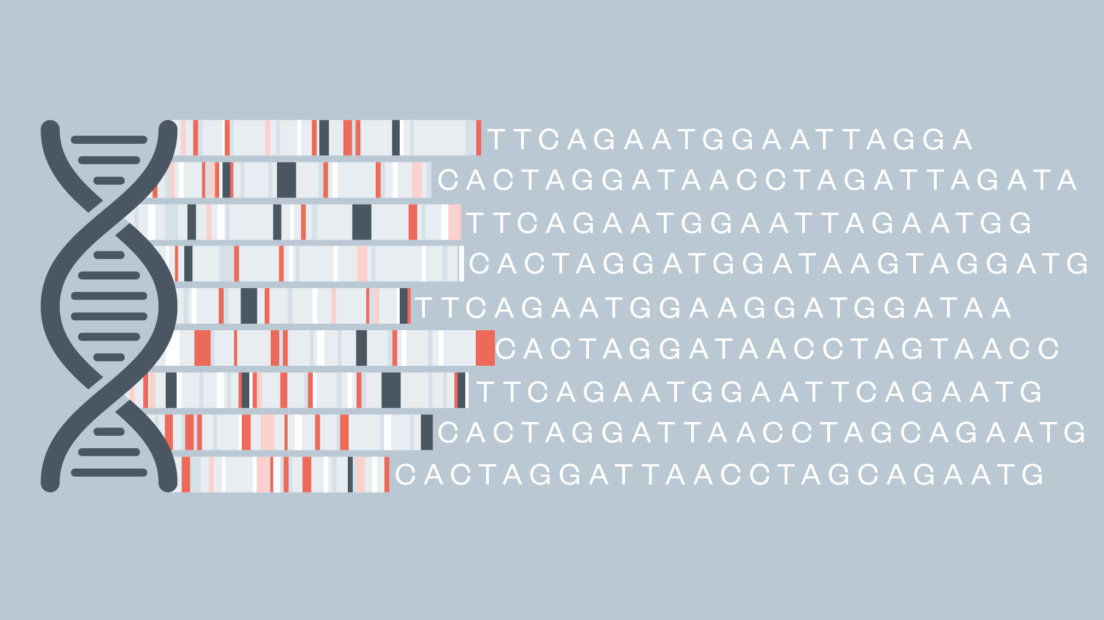The Ada Lovelace Institute and the Nuffield Council on Bioethics are pleased to invite you to join us for the launch of our new report:
Predicting: The Future of Health? – Assessing the potential, risks and appropriate role of AI-powered genomic health prediction in the UK health system
In recent years, hopes and predictions have proliferated about the potential of artificial intelligence (AI) and genomics to transform the UK’s approach to healthcare – with greater levels of efficiency, precision and personalisation held up as the prize for investment and adoption of genomic technologies.
This event will focus on the use of AI-powered genomic health prediction (AIGHP), an emerging set of AI-driven techniques that enable predictions about people’s future health and responses to medicines to be made from their genomic data.
Confirmed speakers include:
- Arzoo Ahmed – Director of Ethics at Our Future Health
- Grace Browne – freelance journalist covering health, science and medicine
- Harry Farmer – Senior Researcher at the Ada Lovelace Institute
- Professor Sarah Cunningham–Burley – Chair of the Nuffield Council on Bioethics
To its champions, AIGHP holds out the possibility of ushering in a prevention-focused approach to health and healthcare in the UK. However, these benefits are not guaranteed and largescale deployment of AIGHP brings financial, ethical and service-level risks.
Join us for a presentation of our report’s recommendations on how AIGHP might be integrated into the UK healthcare system in a way that maximises its potential benefits relative to the risks it poses and the resources it would require, including:
- The conditions and protections that need to be in place before AIGHP can be responsibly deployed routinely in UK healthcare.
- The overall approach to and use of AIGHP that best suits the capabilities, limitations and requirements of the technology.
We will also discuss how our findings impact live policy debates concerning the use of AI and new technologies in the NHS (and public services more broadly), the UK’s approach to data protection and AI regulation and current governance arrangements on the use of genetic data by insurers.
We really hope you will be able to join us in our Farringdon offices, however we recognise that this may not be possible for all, so online attendance will be available for those not able to attend in-person.
Related content

DNA.I.
Early findings and emerging questions on the use of AI in genomics

AI and genomics futures
This joint project with the Nuffield Council on Bioethics explores how AI is transforming the capabilities and practice of genomic science.
